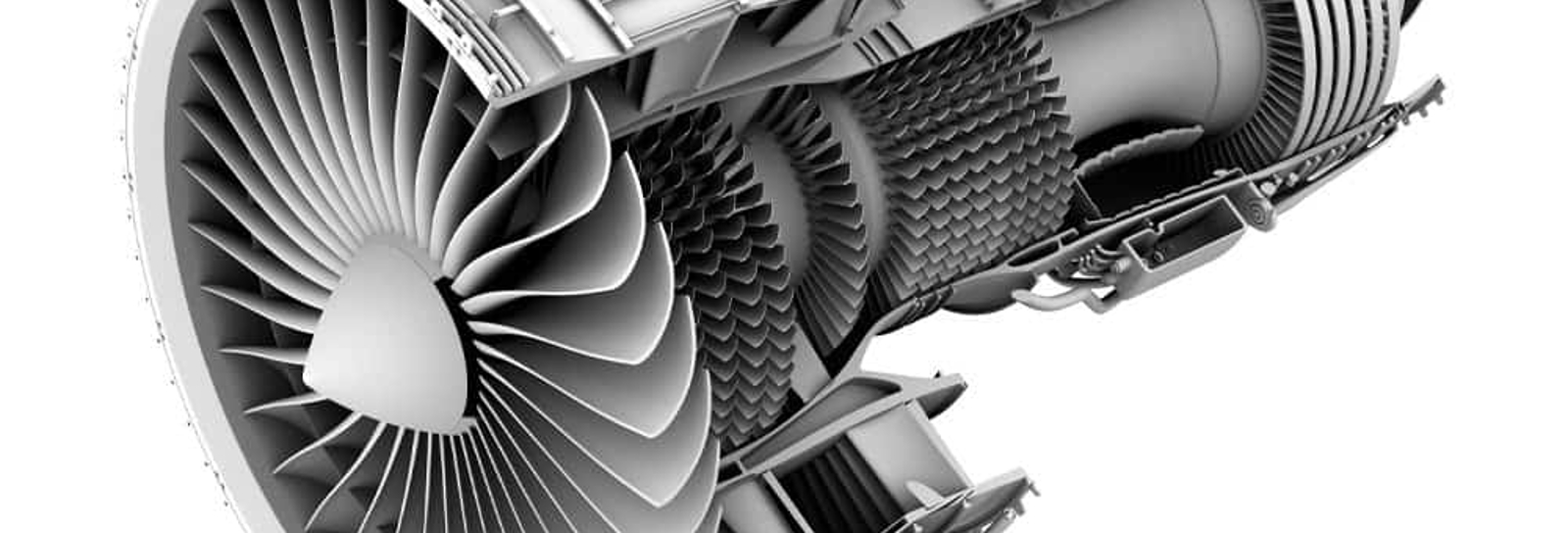Strengthening Parts Using Needle Peening
- Nov 24, 2022

Crack formation due to repetitive stress is a continuing problem with aerospace parts. An emerging process, Pneumatic Needle Peening (PNP), is showing promise in limiting the propagation of cracks in metal, according to a new whitepaper on the subject from the Nadcap© program.
Unlike traditional shot or flapper peening, PNP uses multiple air-driven needles to peen the part. These needles induce a compressive layer in the metal to counteract the tensile stress imparted by machining or damage. As the Nadcap whitepaper notes, “By inhibiting the formation of cracks this will, in turn, increase the fatigue life of the part by many orders of magnitude.”
Nadcap is also developing an accreditation process in PNP through its Non-Conventional and Surface Enhancement Task Group. Nadcap accreditation in conventional flapper peening is already available.
Nadcap Audit Checklists for both the PNP and conventional flapper peening processes are also currently available. Audit checklists are used to help a company prepare for a Nadcap accreditation audit covering a specific process. Passing a Nadcap accreditation audit can enable Suppliers to demonstrate their proficiency in a process and their ability to meet established standards set by the OEM aerospace companies that are Subscribers to the Nadcap program.
According to Mark Hunkele, a Principal Engineer at PRI and author of the Nadcap whitepaper, PNP is already being used in aerospace to treat engine support members, turbofans, turbine blades, landing gear assemblies, wing spars, and helicopter rotor hubs. In the whitepaper, Mark, who is a participating member of the SAE Aerospace Surface Enhancement Committee, also details the results of testing the PNP process on both Titanium and Nickel-based alloys.
The paper also lists these other benefits of the new process when used for aircraft part repair:
- Repairs can be made with the part in the vehicle
- The equipment is portable and easy to use
- There is a low risk of foreign object damage (versus conventional peening)
- Significant improvement in surface roughness is evident (over conventional peening).
To read or download the new Nadcap whitepaper on Pneumatic Needle Peening, visit the Resources section of the PRI website at: https://p-r-i.org/resources/listing/?lang=&p19=nadcap&c32=whitepapers. If you’d like additional information about Nadcap, email Nadcapinfo@p-r-i.org.